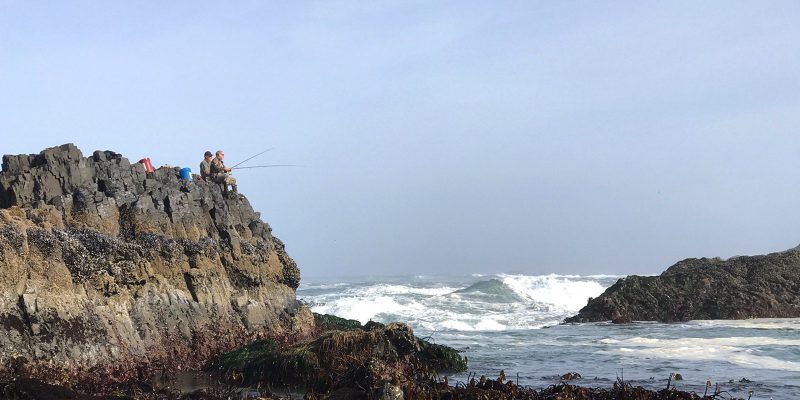I’ve long wondered about the origins of religion and why people believe in God or a Supreme Being of some kind. I try to imagine the earliest humans and what life would have been like for them to survive. They would need food and shelter and would discover the importance of the sun, rain, soil, and fire – but also their mystery and threat. It wouldn’t be hard to see how people came to worship these natural forces and elements because they were so important for their survival.
There would be rain gods, sun gods, and fire gods. Storms and floods and related natural phenomena would need to be appeased. These could create a belief in “bad” gods (or a bad side of God), who would punish any transgressions. Who or how would they decide which was good or bad, right or wrong and morality? It would be reasonable for people then to create community structure and authority, values, ethics, rituals, and ceremonies to please these gods.
Similarly, how would early humans have understood death, apparitions, altered consciousness, intuition, and related ecstatic and transcendent experiences? At what point would people begin to contemplate what is behind or beyond the physical, the metaphysical, and question “Who am I?” “Why am I here?” “Where am I going?” “Is there a purpose to life beyond a survival of the fittest?”
All of these considerations could surely have contributed to the birth of religion – beliefs, creeds, dogma, and practices that would contribute to a society of well-being – and any number of myths that arose from these beliefs, including a deep sense of pessimism, fear, and guilt. A real difficulty is to acknowledge that there are many religions which all claim to have the truth and what is necessary to please their God.
From a relatively young age, I began to question how people could be so adamant about their religious beliefs, and so disdainful about any other religion. It’s like trying to critique a book you’ve never read. Historically, people were branded heretics for believing or practicing a religion that differed from the established and accepted dogma. You were a heretic if you thought for yourself!
Unlike religion, spirituality is inclusive, not exclusive: All people, whatever their beliefs, are valued. Spirituality encourages people to think for themselves and make an inner connection with their soul and deep sense of belonging. A spiritual practice has great faith in the self and one’s own personal experience vs. seeking questions and authority from others. Religions are designed to govern behavior, where spirituality values complete freedom, non-judgment, and no attachment to results. As Dr. Naomi Remen states, “Religion is a bridge to the spiritual, but the spiritual lies beyond religion.”
Life is a constant learning and deciding who we are and what we want to be. Rather than the religious belief that God created you and me, spirituality knows that it is we who are creating God.
It really doesn’t matter. There are so many possibilities, infinite possibilities, and each one affords its own adventure. And none can really take away from the spiritual path you are meant to follow. In fact, any path you take will only embellish your path. The problem comes in when you have to decide which choice is the most harmonious. And the way to make a harmonious decision is to make it on the premise of love. Make it from a foundation of love, respect, and tenderness.Here are ten thoughts I find useful for living a “practical spirituality”:
Here are ten thoughts I find useful for living a “practical spirituality”:
- I align with love, the eternal truth of who I am.
- I look forward to all the good that awaits me.
- I trust, let go, and let God. I surrender and release…
- The only thing that matters is now. I forgive and move on.
- Thank you, Divine Consciousness, for your constant guidance and support.
- I treat others the way I would like to be treated.
- I have fun.
- I shine my light (live my awareness) no matter what.
- I allow well-being (the Life Force) to flow.
- I am happy and healthy.



